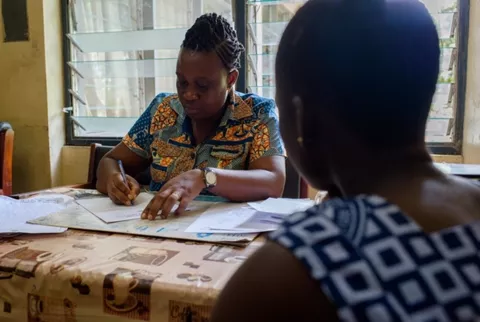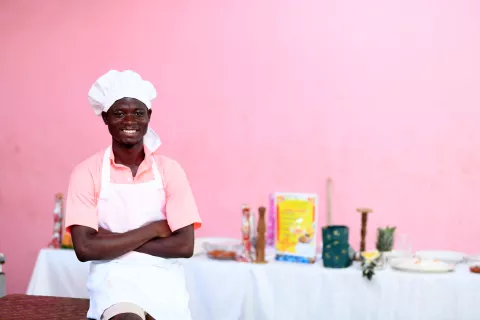National Standards for Residential Homes for Children in Ghana
Alternative care for children not under the custody of their biological parents

Highlights
The Ministry of Gender, Children and Social Protection is mandated to ensure that all children in Ghana live in supportive, protective and caring environments that enable them develop to their full potential. Children should only be removed from their families and placed in alternative care in cases of immediate danger and when a child’s parents are unable or unwilling, even with support, to provide adequate care. Some well managed, small-scale residential care facilities are needed as an alternative care option to support children and families at different times. However, if a child needs to stay in a residential care facility, this should be temporary, and in a small-scale family-like facility until a better alternative is found either through family reintegration, or placed in foster care or adoption.





